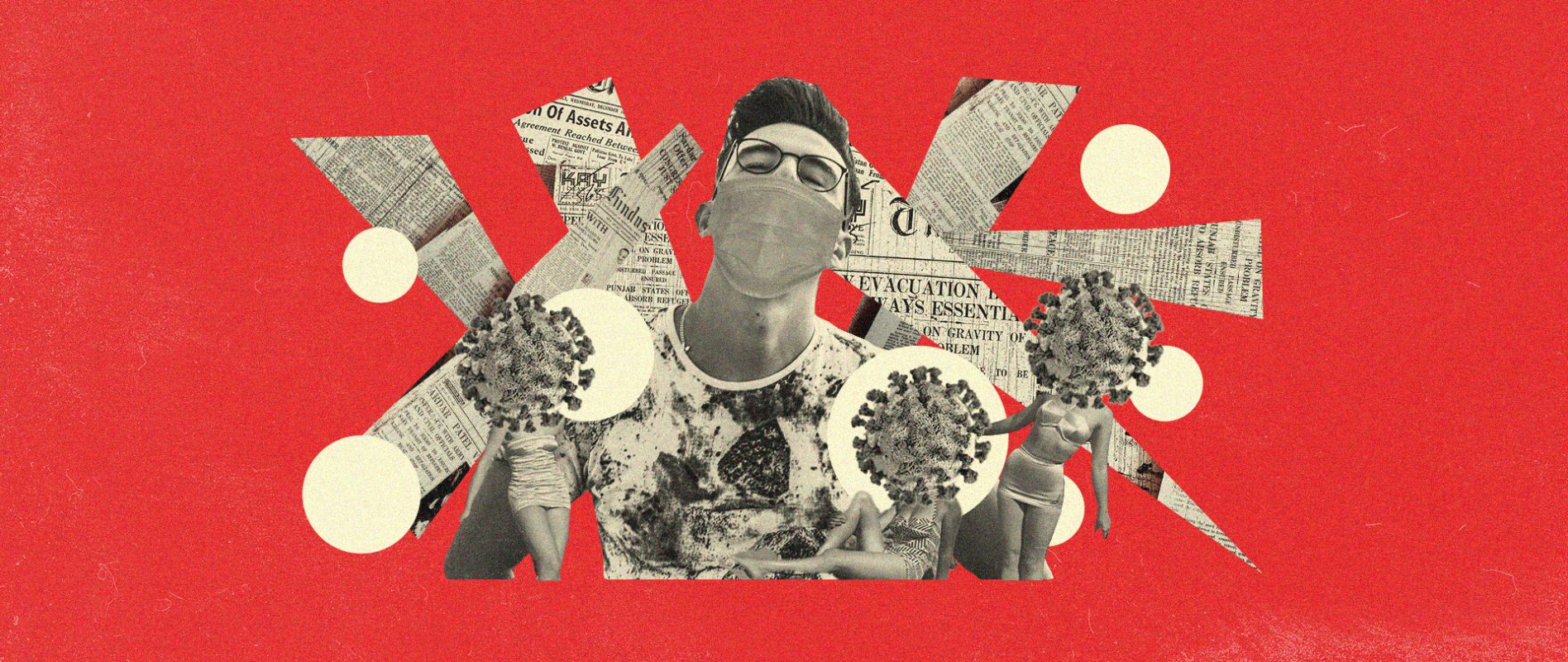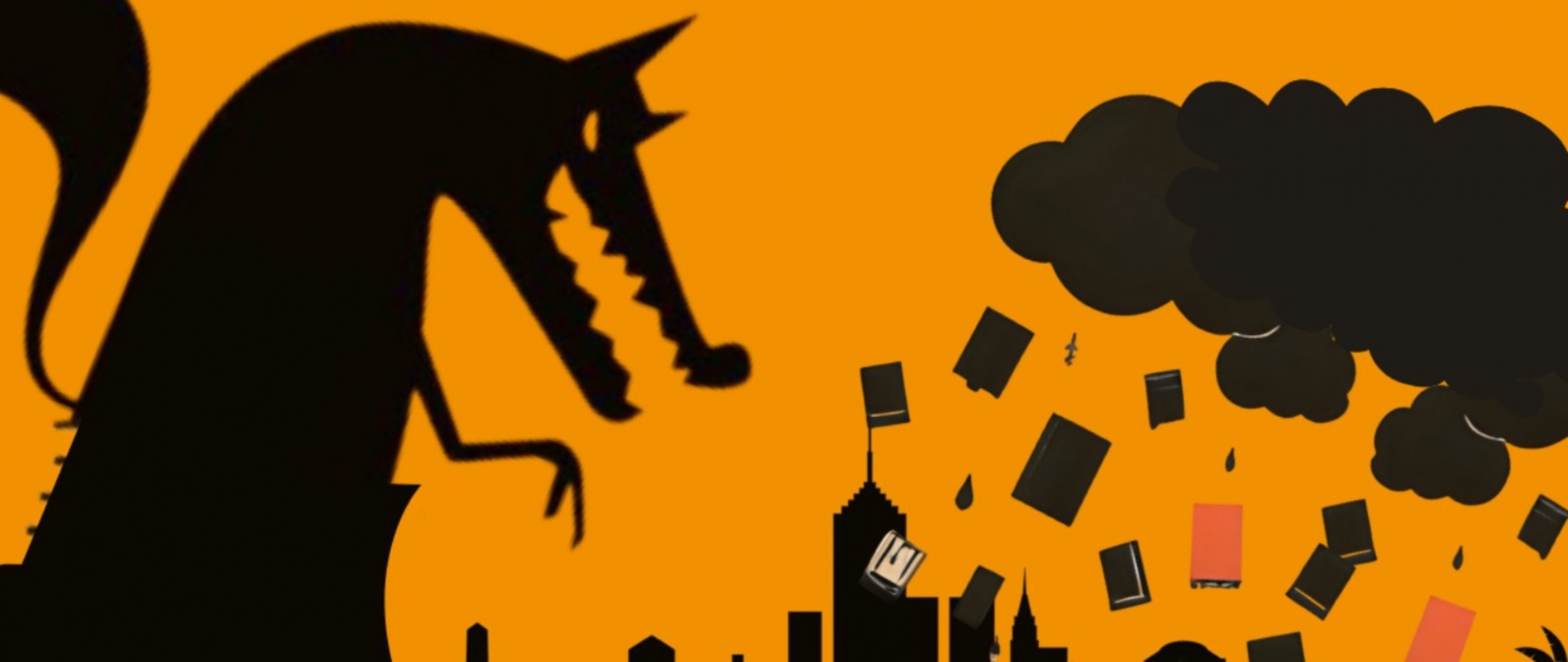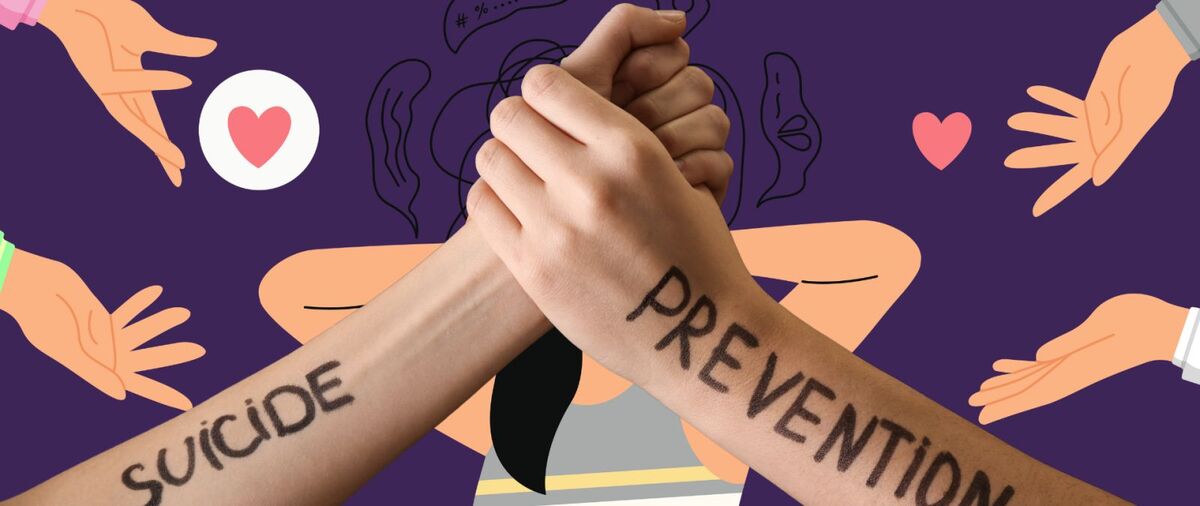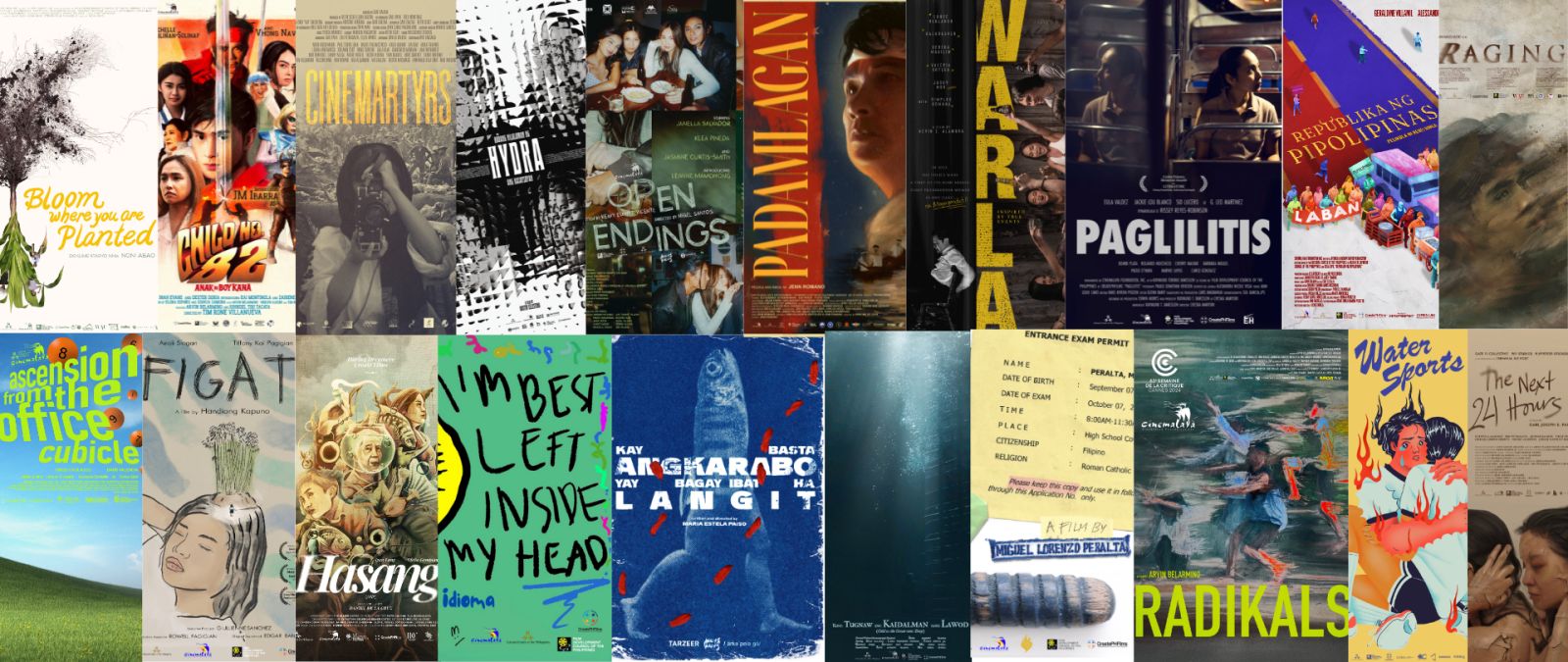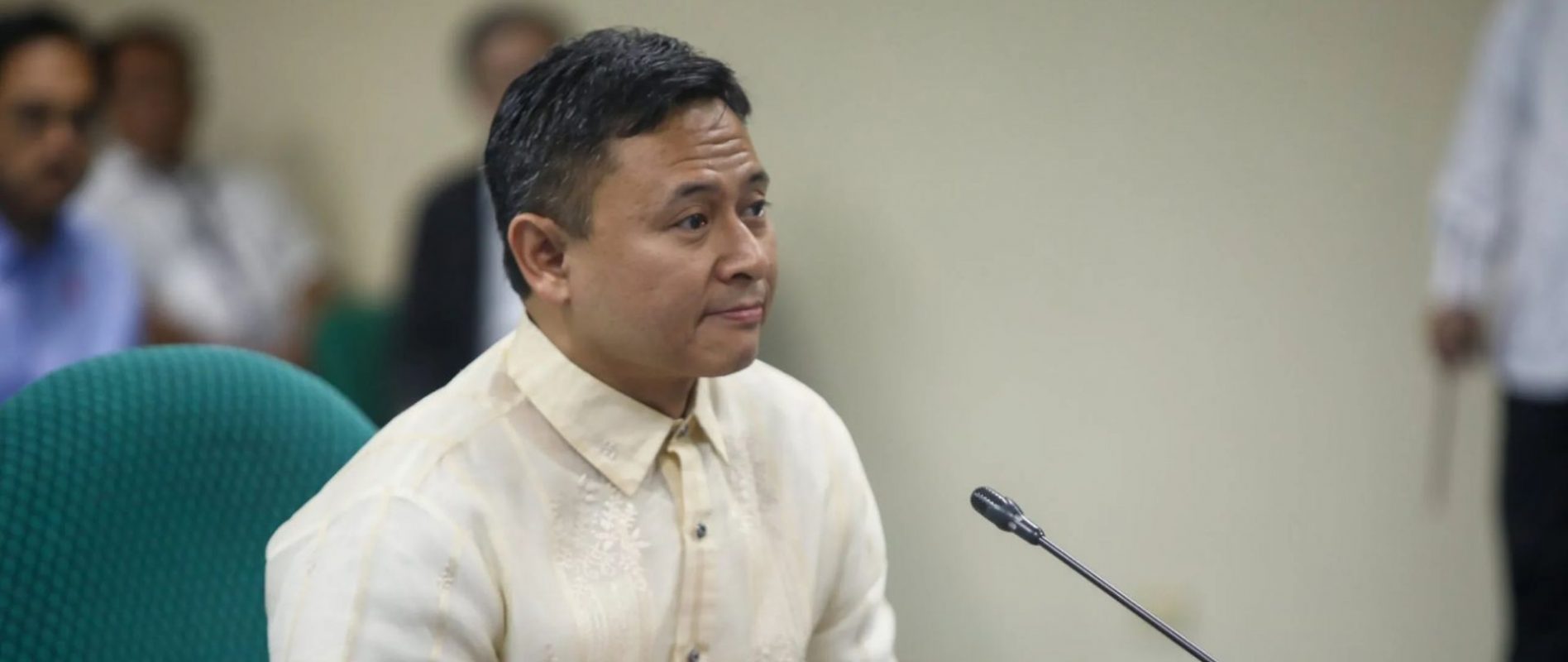COVID-19 IS STILL HERE AND CAUTION FATIGUE MIGHT JUST BE THE REASON WHY YOU’RE FORGETTING ABOUT IT
Do you find yourself not washing your hands often or are seriously contemplating going on that leisurely trip just because of the gradual easing of travel restrictions? This is a friendly reminder that the virus is still here and caution fatigue is probably the reason why you’re now getting too lenient about it.
At the start of the lockdown, our constant state of being cautious, ensuring we don’t get infected with the coronavirus or infect others was consistently up. Taking extra precautionary measures in prevention of the virus by taking vitamin-C, eating healthier, disinfecting every part of the house, was our way of assurance, show of vigilance, and adherence to recommended safety precautions.
After almost 8-months, that sense of urgency starts to fade. When guidelines and quarantine measures started to ease, business started opening, and the more we see seemingly healthy people go out and adapt to the new normal, we start ignoring the warning signs as if our brain doesn’t tag it as high-risk anymore. Are we just forgetting about it or is this a mild case of caution fatigue?
Caution fatigue is “whether it’s wearing masks or standing six feet away from people, caution fatigue is low motivation or energy to comply with safety guidelines.” said Jacqueline Gollan, an associate professor of psychiatry and behavioral sciences at the Asher Center for the Study and Treatment of Depressive Disorders at Northwestern University Feinberg School of Medicine.
It’s like that moment first in the morning, where you blatantly ignore the alarms you’ve set, just because you know what it’s for, you snooze it, and next thing you know you’re back to falling asleep again. Gollan explains it further this way, “You could consider caution fatigue to be similar to a AA battery. Initially, you may have been energized and positively focused on following pandemic-safety behavior. But as the virus has continued on, you may start to focus on the negative and feel physically or mentally depleted.” This mental state of being exhausted and what feels like the longest lockdown could put people at risk.
The Philippines enters the list of top 20 countries with COVID-19 despite more than 200 days of lockdown. As reported by Johns Hopkins University Coronavirus Resource Center, the caseload was 348,698, surpassing Pakistan’s figures, listing the highest number of COVID-19 cases in Southeast Asia with Indonesia at 349,160 cases.
In John Hopkins’ COVID-19 dashboard, the top 20 as of October 16 figures are:
7,979,709 United
7,307,097 India
5,169,386 Brazil
1,346,380 Russia
949,063 Argentina
936,982 Colombia
921,374 Spain
859,740 Peru
850,997 France
834,910 Mexico
698,184 South Africa
676,455 United Kingdom
517,835 Iran
486,496 Chile
416,802 Iraq
384,559 Bangladesh
381,602 Italy
352,107 Germany
349,160 Indonesia
348,698 Philippines
In line with these figures, now is really not the time to be complacent when it comes to our own safety. “Our lives are defined by our habits and routines, and thus, are hard to change. They connect us to a sense of normalcy and it is important to maintain a semblance of your previous schedule so as to not lose sight of your health goals. The things we miss, like playing and exercising, can still be rewarding but need to be redefined to meet pandemic safety guidelines.” Gollan adds.
For some people, especially those having caution fatigue, it’s hard to keep track and have a safe behavior in mind because they are either tired, stressed, anxious or depressed. This pandemic is unusual and it’s normal not to feel normal with the new normal. But what can we do? Talk to people about it.
“It is helpful to remember the goal is not to accuse others or make them feel blamed or untrustworthy but to help educate them to understand your unique condition that might make you at higher risk for contracting COVID-19,” Dr. Wendy Balliet, a psychologist at the Medical University of South Carolina’s Hollings Cancer Center. She suggests that being up to date with the latest statistics of COVID-19 while citing legitimate articles that highlights the effects of the pandemic can be helpful for people going through caution fatigue rewire their thinking.
However, while it is key to be up to date by getting information from reliable sources. Taking a break from negative headlines helps reduce being desensitized to COVID-19 related warnings, as too much exposure could lead you to not adhere to safety measures. You can combat caution fatigue when you shift your mindset with self-care and realize that these COVID-19 safety precautions are not just to protect ourselves from the virus, but are something that helps and benefits your health, and well-being, even post-pandemic.

